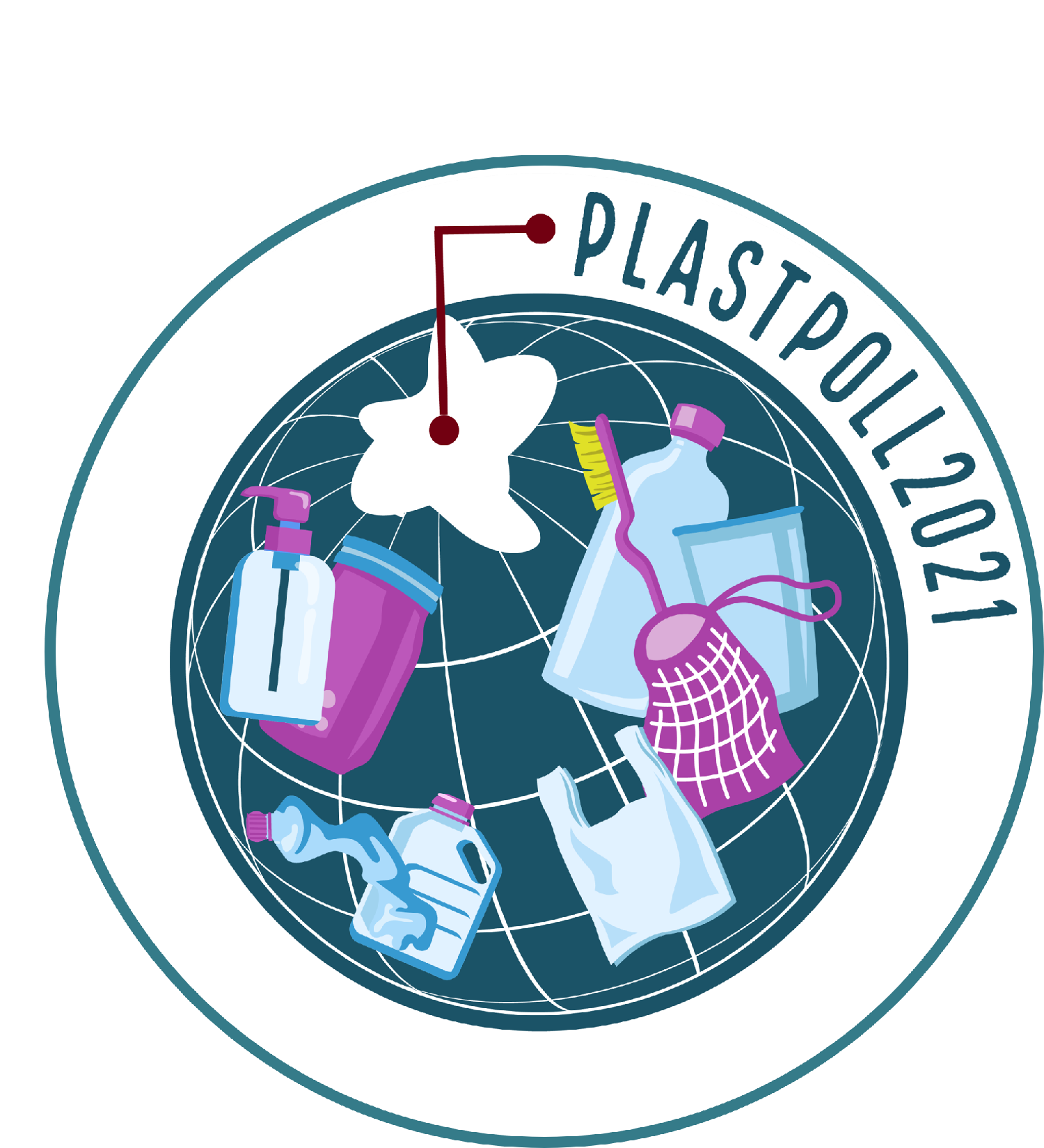PlastPoll2021- Plastic pollution; global sources causing consequences for the Arctic- Towards international state-of-the-art understanding and education in Europe, USA and China

Being a fast developing field of research of increasing complexity, education and training on the impact and fate of
MP pollution is lacking behind both in teaching state-of-the art research as well as methodology. After 2 years of the
first phase project PlastPoll, this objective has become even more crucial, acting on the increase of available
methodology and understanding of the impacts of nano- and microplastic pollution, as a global challenge impacting
even remote and fragile regions as the Arctic. An overall goal is to train students in combining theoretical,
experimental and field approaches for an excellent and sound scientific understanding of relevant processes and
observations while at the same time contributing to the understanding of the fate and impact of MPs in the
environment by developing this still young field of research on a global scale together. An invaluable added value to
the underlying JPI projects ANDROMEDA and FACTS will result in the evolution of the scope from temperate regions
to arctic and high arctic regions. The continuation the successfully established collaboration between Norway, China
and USA will support the strong interaction between not only the supervisors, but also the students themselves will
be both encouraged and facilitated by exchange visits, webinars and winter-/ summer schools including from the
ANDROMEDA and FACTS consortia. We will additionally offer master student projects in all three locations, which will
create additional opportunities for students to participate in specific parts of this project. At the same time, the
exchange of experts will ensure the direct transfer of recent knowledge, leading on arctic research of MP in the
environment. The unique combination of participating research institutions (NILU, NPI) and universities (UiT, UCSF,
TU) is complementary in scientific quality, academic programs, experience and qualification.
Members:
Financial/grant information:
Norwegian Research Council - Project number 322191